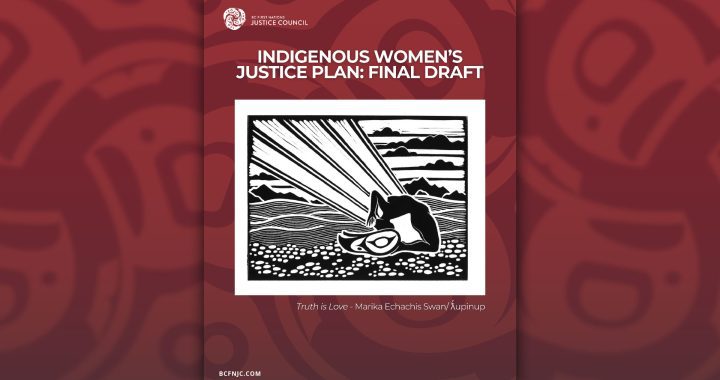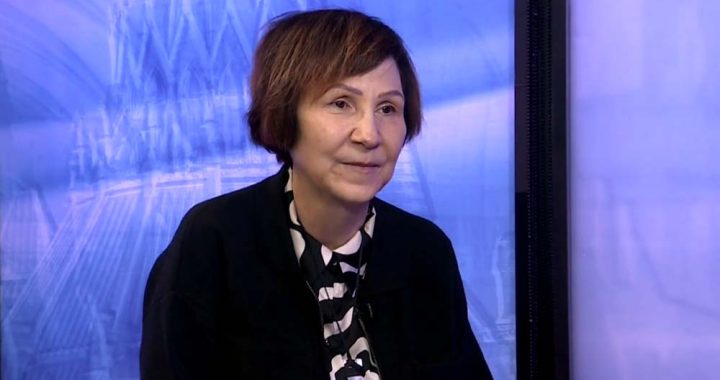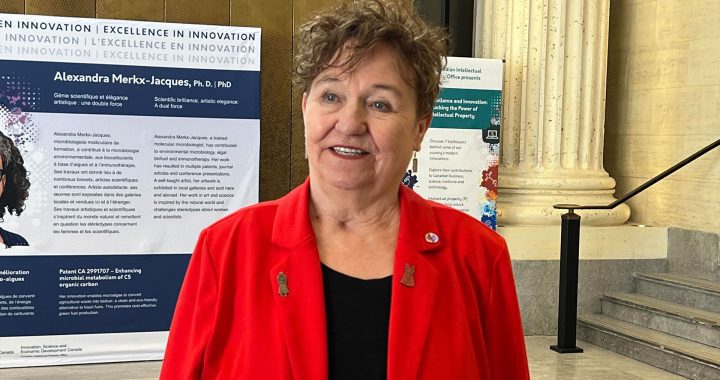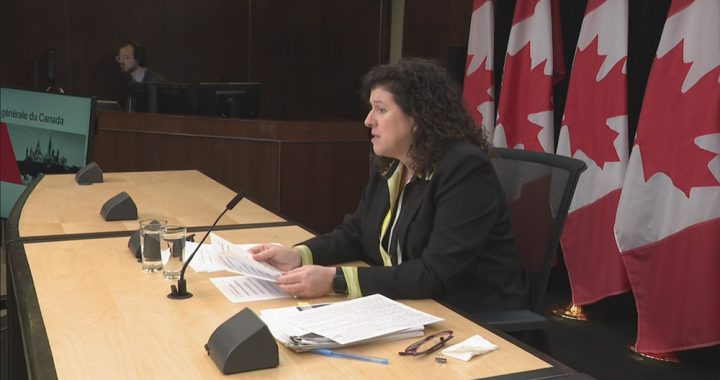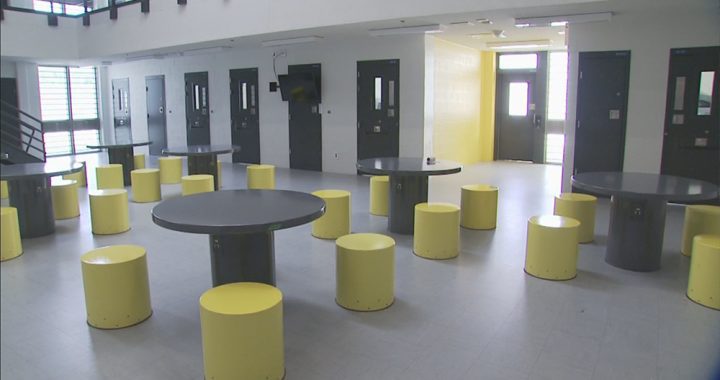In Thursday’s episode, Nation to Nation interviewed Veldon Coburn about the secret recording of his former boss at the Conference Board of Canada. Nation to Nation also interviewed Russ Diabo about his name appearing on an RCMP intelligence document for Project SITKA and Chase Iron Eyes, a recent Congressional candidate for the Democrats about America under president-elect Donald Trump.
Jorge Barrera
Nation to Nation
The Conference Board of Canada, one of country’s most prominent think tanks, has launched an internal investigation following the revelation one of its top officials was secretly recorded making “racially prejudiced” generalizations about Indigenous peoples, Asians and people from the Caribbean.
A Conference Board spokesperson said Michael Bloom, vice-president of industry and business strategy, is now on a leave of absence.
Bloom began his leave of absence Wednesday, the day the Conference Board of Canada was provided portions of the recording by a reporter, Nation to Nation has learned.
Bloom was secretly recorded in his office by a former think tank researcher, who is an Algonquin man, during a Sept. 13 meeting. The researcher, Veldon Coburn, was discussing his unease with a $57,800 Correctional Service of Canada (CSC) contract. CSC wanted Coburn, as part of the contract, to tailor parts of its employability skills program delivered through its CORCAN corporation for Indigenous inmates by using examples of “beads and moccasins.”
Coburn told Bloom he wasn’t comfortable with the direction of the project because he felt it smacked of “tokenism.”
During the recorded discussion, Bloom pushed back, telling Coburn that Indigenous inmates needed to “see themselves” in program exercises.
“It’s not tokenism, I don’t even know what tokenism means,” said Bloom, in the recording, which was provided to Nation to Nation by Coburn, who is no longer with the think tank. “It’s showing people themselves as part of the thing.”
As an example, Bloom told Coburn that Indigenous people are too silent and need to learn how to speak up when on the job.
“I think in the case for Indigenous people, you see more often, at least from what I read, people who will be silent, you know. Yes, you get the person who punched somebody, but the silence thing is an issue,” said Bloom. “Maybe they see the person that is older than them and they decided culturally that they shouldn’t speak. They have a problem, they don’t speak. There is a mechanism, if you were in an Indigenous community, there might be a mechanism for the younger person to resolve that with the older person, depending on where you are.”
Coburn told Nation to Nation he never heard of the “silent” stereotype before. He said it was one of the many “racially prejudiced” comments he has heard from Bloom over time.
“This was just one comment in a whole array of racial prejudices that had been floated to me,” said Coburn, in an interview. “The whole impetus of getting this on tape was there was some deeply hurtful statements made in the past, it was quite common place.”
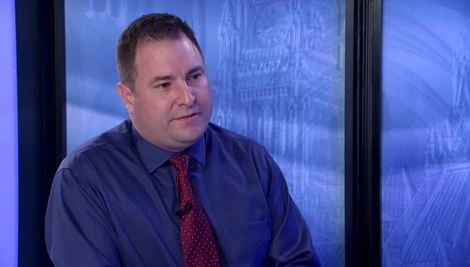
During the conversation, in an effort to convince Coburn CSC’s request made sense, Bloom used other ethnic groups as examples of the need to have the employment program exercises reflect the inmates targeted.
“I am sure that in Toronto it would be helpful to produce employability skills where examples come out of the Caribbean community, because there is a lot of those people from the Caribbean community in jail. If they only see stuff from a white-bred suburb they don’t see themselves,” said Bloom. “In one case I had a guy working here for me who was from the Middle East, some years ago, and he…reported to a woman and he could not take orders from her, he couldn’t, so we had to fire him…. In the Asian case the example we had was of somebody who couldn’t say no. As you know, in Asia sometimes yes means no.”
There are 48 countries in Asia, including several Middle Eastern countries.
Coburn said the conversation with his then-boss was disconcerting.
“He had rattled off quite a few racial and cultural stereotypes that was making me deeply uncomfortable,” he said.
The Conference Board of Canada sent a statement to Nation to Nation from CEO Daniel Muzyka.
“We take these allegations very seriously and have referred the investigation to the attention of our external, independent Ethics Officer,” said the statement from Muzyka. “He will conduct a full investigation of the matter. Given this, it would be inappropriate for the Conference Board to comment on allegations regarding staff conduct until the investigation is complete.”
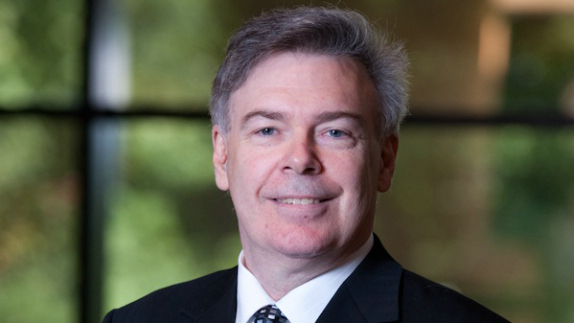
Coburn said Bloom’s comments added insult to injury because he was already struggling with the demands of CSC officials working for the department’s internal corporation CORCAN. CORCAN uses inmate labour to produce products it then sells to other government agencies and the private sector.
According to emails from officials, CORCAN wanted to modify its National Employability Skills Program, which the Conference Board had previously developed, to include exercises specifically for the Indigenous inmate population.
Anie Latour-Archambault, national manager for employment and employability with CORCAN, wrote an email to Coburn on Aug. 29 complaining he had yet to include exercises specific to the Indigenous inmate population.
“There were no exercises tailored to the Aboriginal population as per discussions between the project authority and the contractor,” wrote Latour-Archambault.
In a follow up email, another official, Valerie Poirier, an employability skills program officer, sent Coburn images of drums and moccasins being manufactured in a shop at the Warkworth Institution in Cambellford, Ont. Poirier suggested Coburn use the drums and moccasins as examples of exercises tailored to Indigenous inmates.
“As we have to provide three exercises adjusted to the Aboriginal culture, please find attached a shop profile and a work description of the type of work that is available for Aboriginal culture within some of our institutions,” wrote Poirier, in a Sept. 9 email. “Hopefully this will help you in drafting the exercises.”
Coburn said he found it offensive.
“They were telling me this was Aboriginal culture they wanted reflected in training examples to deliver to Aboriginal people within their institutions,” he said. “I pushed back quite a bit. I thought it was offensive. It was cultural misrepresentation and it really was tokenism…. When they first came to me they wanted to teach Indigenous people to count beads and moccasins. I thought we got all past all of this.”
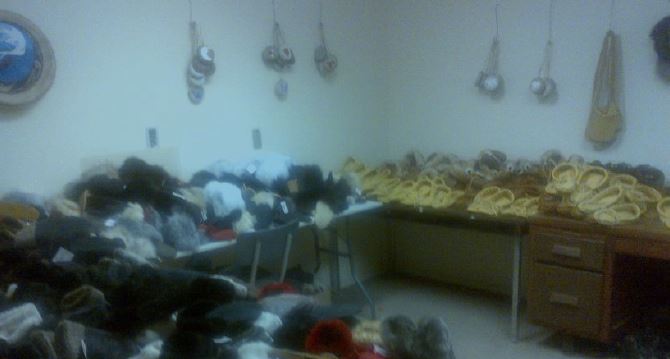
Coburn suggested months earlier to Poirier that if CORCAN was really serious about developing programming for Indigenous inmates officials should contact the First Nations Education Steering Committee in British Columbia.
“I can’t think of another Indigenous educational group that would be better suited to produce supplemental Indigenous programming,” wrote Coburn, in a June 24 email to Poirier.
She never responded to the suggestion.
Coburn said it was also concerning CORCAN was using Indigenous inmates, making a maximum of about $6 a day, to mass produce moccasins and drums to generative revenue for the corporation.
“And the context is they are in prison producing, as punishment, for maybe $3, $4, $5 a day, producing products that have been pulled out of their culture, held up as Indigenous by non-Indigenous people, for mass producing and sales,” said Coburn.
Nation to Nation first approached CSC last Friday for information about the CORCAN shop producing drums and moccasins at the Warkworth Institution. As of this article’s posting, CSC had not been able to provide any information.
On Wednesday, Nation to Nation requested CSC explain CORCAN’s approach to tailoring employment training for Indigenous inmates. Nation to Nation also requested comment from CSC in response to the recording of the Conference Board of Canada vice president who was in charge of executing the department’s contract.
A CSC spokesperson said the department could not provide any comment until next week.
CORCAN registered a gross revenue of about $79.5 million last year. It projects a gross revenue of about $92.6 million for the fiscal year ending March 31, 2017. CORCAN said on its website the revenues are reinvested in prison shops and training.
CORCAN shops produce everything from office furniture to stationary to cell bunk beds. The shops also repair and refurbish military vehicles for the Department of National Defence.
Coburn was recently hailed by the Inuit community in Ottawa after he spotted racist comments posted online by an Ottawa police officer about Annie Pootoogook, an Inuit artist who was found dead in the Rideau River on Sept. 19. The officer, who was initially involved in Pootoogook’s investigation, recently pleaded guilty to two charges of discreditable conduct under the Police Act.
Coburn is also the adoptive father of one of Pootoogook’s children, a daughter who is four.
@JorgeBarrera






